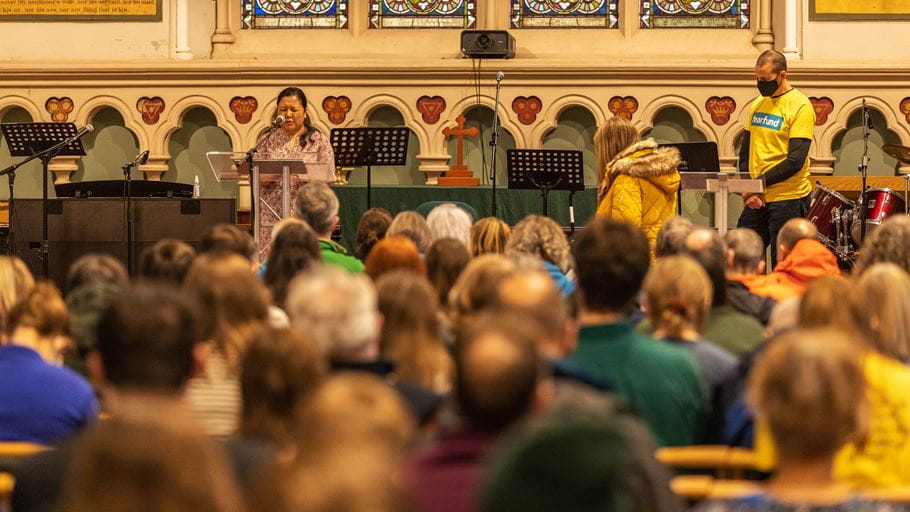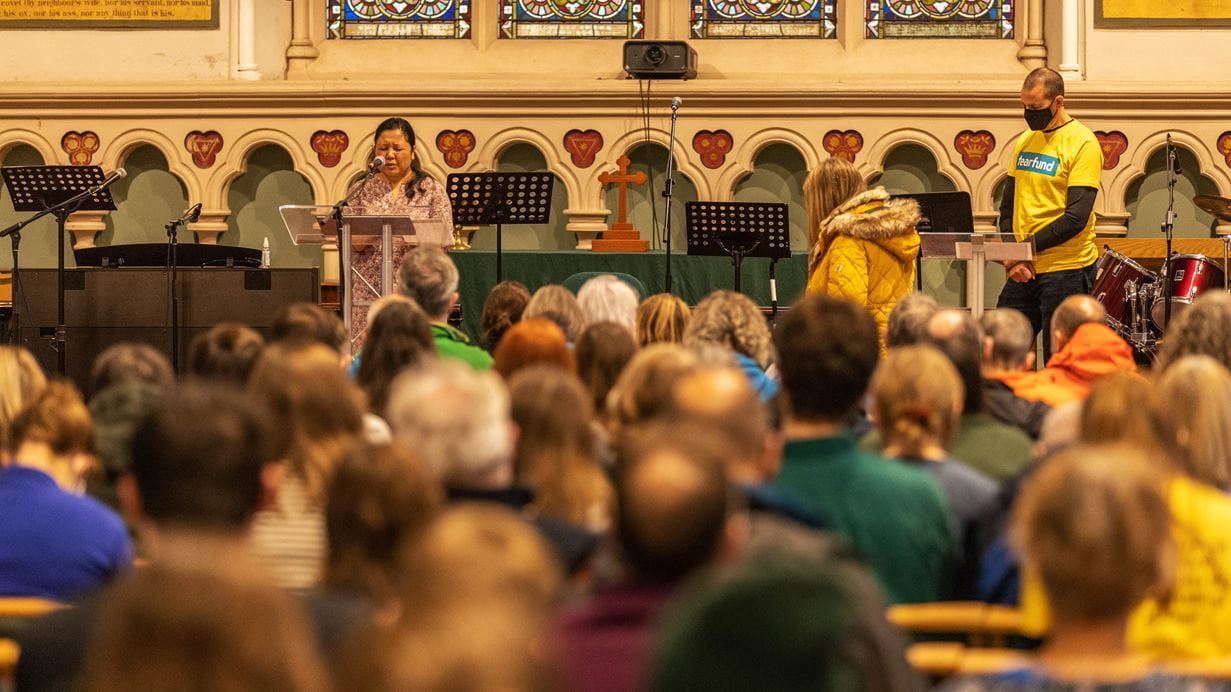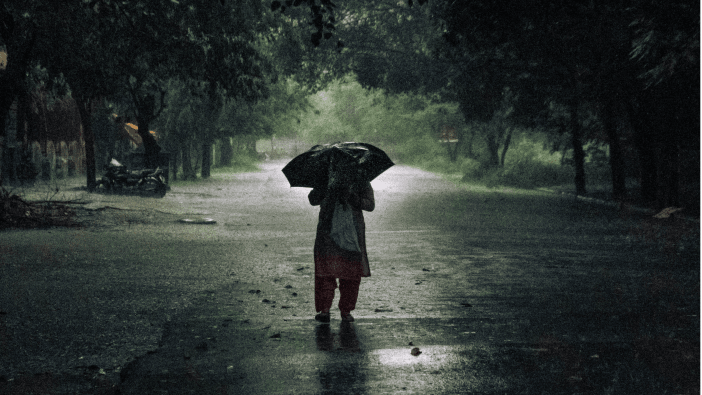Throughout COP26, campaigners, communities and faith groups are making their voices heard through public demonstrations and marches. But do demonstrations make any difference? What does the Bible say about them? And what role can they play as we face up to the climate crisis?
What exactly is a demonstration?
A demonstration is where a group takes public action for a shared cause or purpose. It is a way that people can use their voices and their collective ‘people power’ to drive conversations on important issues – and ultimately influence policy.
Demonstrations come in many different shapes and sizes, including marches, sit-ins, hunger-strikes and walk-outs. Some of these actions are sometimes grouped together as civil disobedience – a tactic to draw attention to an issue, often when other approaches have failed to bring adequate change.
Have demonstrations ever achieved anything?
Yes, plenty. Some of the most famous and influential movements towards justice in the 20th century were sparked by protests: for example the American Civil Rights Movement led by Martin Luther King Jr; the liberation of India from colonial power led by Mahatma Gandhi; the fall of the Berlin Wall; and the Women’s Suffrage movement.
Demonstrations are part and parcel of a democratic society – they’re a way to speak about issues we care about, and call on our leaders to represent us well. When faced with an emergency like the climate crisis, demonstrations are a way to ‘raise the alarm’ and spark urgent action.
Sometimes, this kind of alarm-raising can cause temporary disruptions to everyday life. While controversial, this can be part of the process of putting pressure on governments and leaders to make change happen. All of the examples above, and plenty more, involved acts of disruption. Of course, the impact on people’s lives must always be carefully considered, as an ill-advised action can be counter-productive. However, demonstrations are a tactic that people use when they don’t feel heard about an urgent situation.














